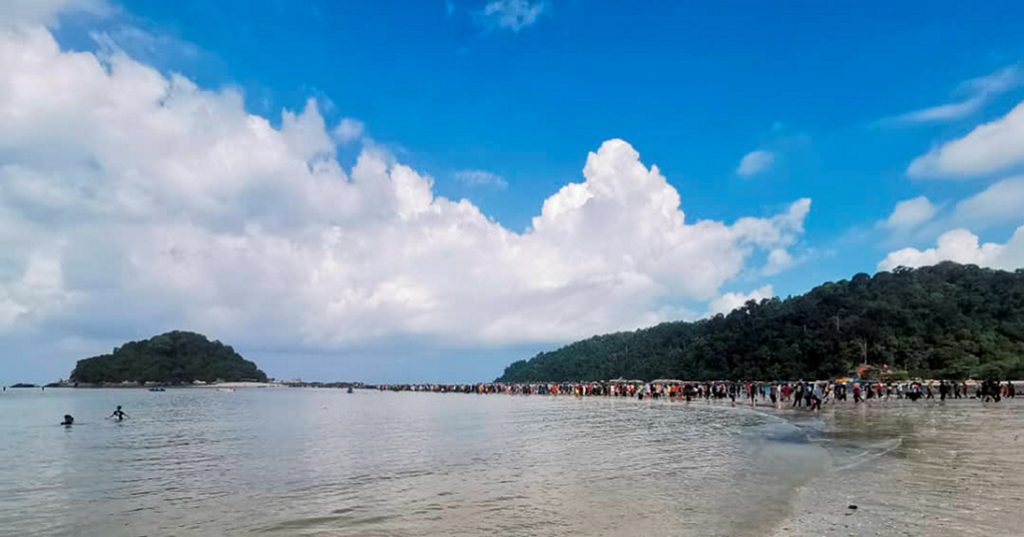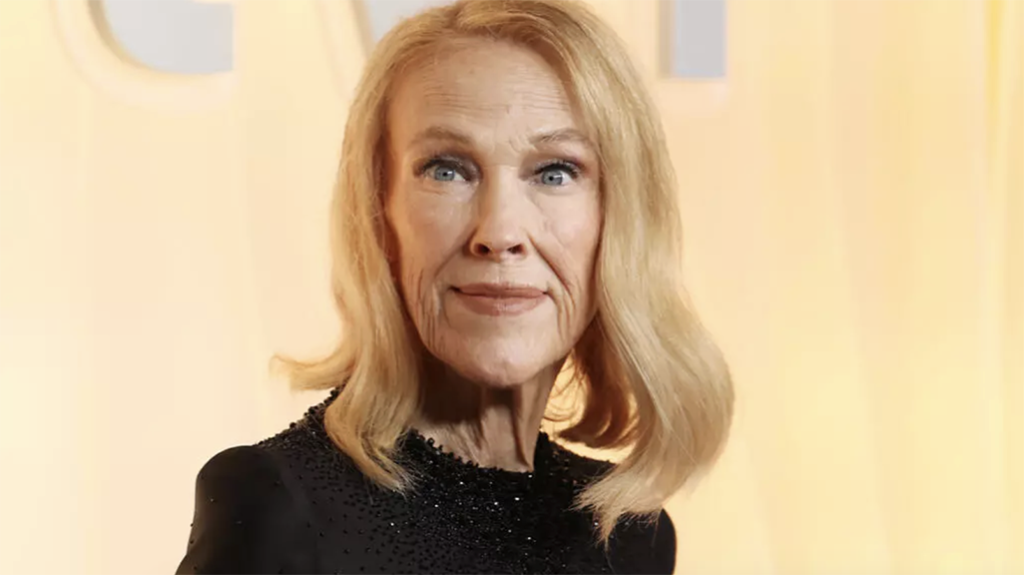Auto Added by WPeMatico

NETFLIX Inc. plans to host what could be the largest live K-pop event to date with the return of BTS to the stage.
The concert, dubbed BTS The Comeback Live, will stream on March 21, a day after the group releases its new album, Arirang, their management company Hybe Co. and Netflix said. The event will take place at Seoul’s historic Gwanghwamun.
The performance will mark BTS’s first live appearance as a full group in more than three years, following a hiatus that began in June 2022 as members undertook mandatory military service. The comeback is expected to draw millions of fans worldwide and generate significant cultural impact.
The event also underscores Netflix’s push into large-scale live programming across the Asia-Pacific region. Alex Honnold’s free-solo climbing event, Skyscraper Live, drew about 6.2 million views on the day of the broadcast, and the company plans to stream the World Baseball Classic in Japan.
Hybe shares have risen more than 6% this year on expectations that sales will be boosted by BTS’s return, including a global tour planned for more than 80 dates. The group has already sold 2.4 million tickets for 41 stadium shows across North America, Europe and the UK. —BLOOMBERG
The post Netflix to live stream K-pop’s BTS comeback concert in March appeared first on The Malaysian Reserve.









